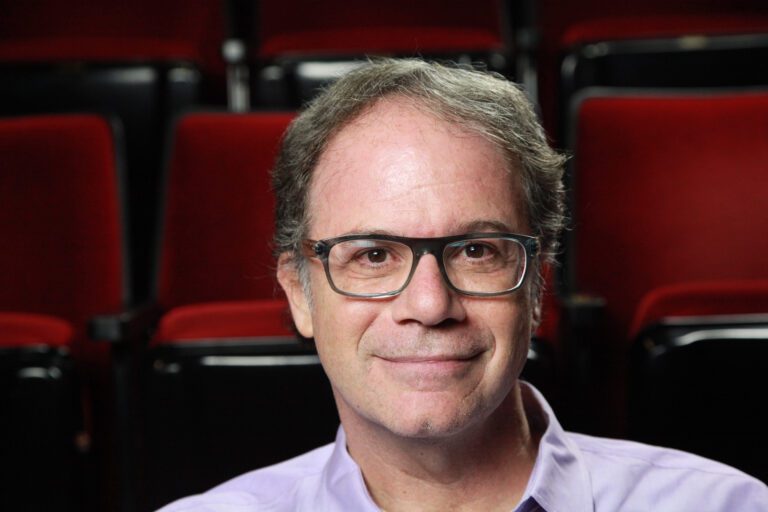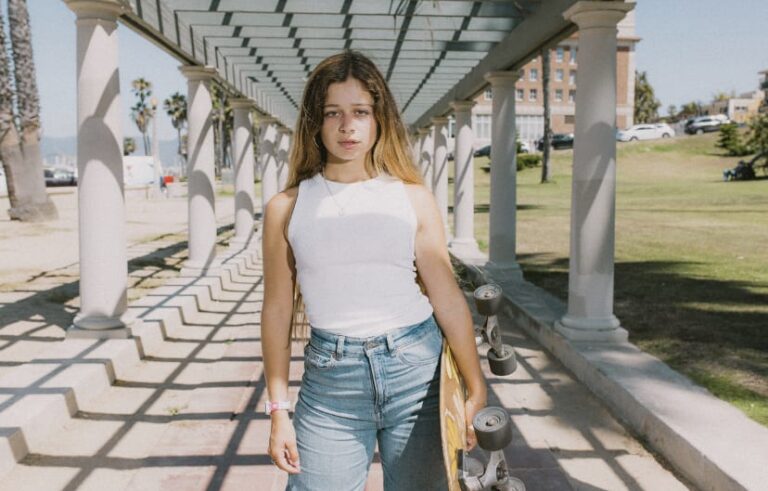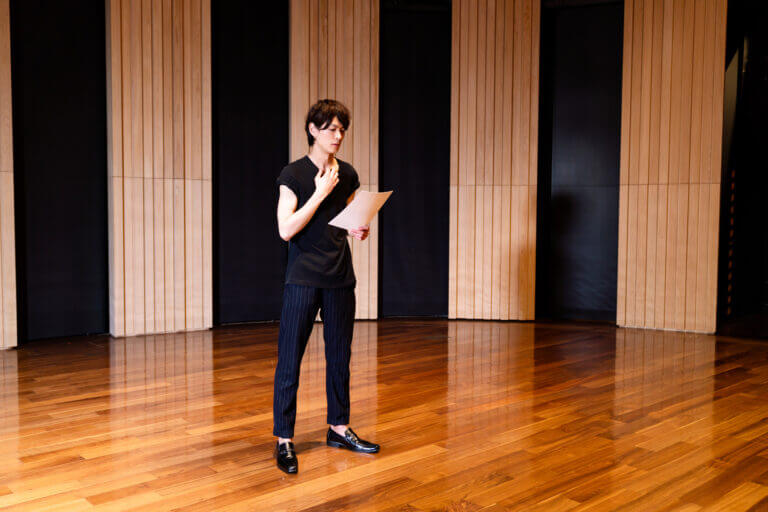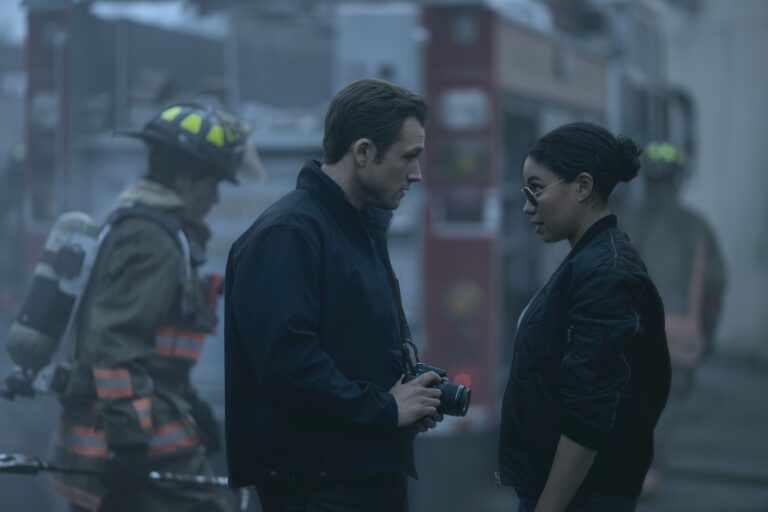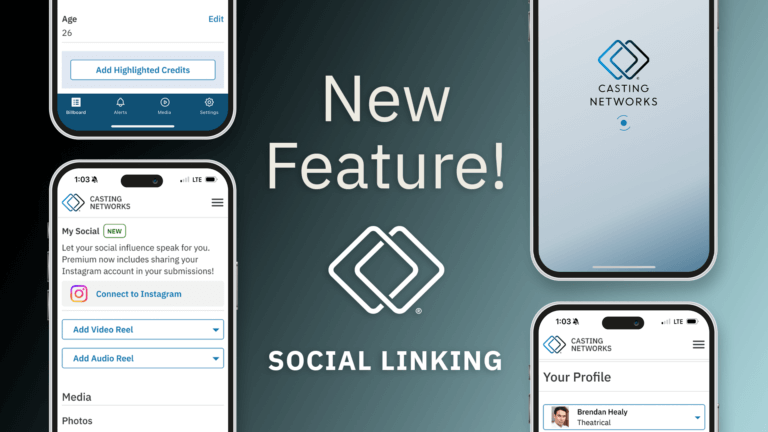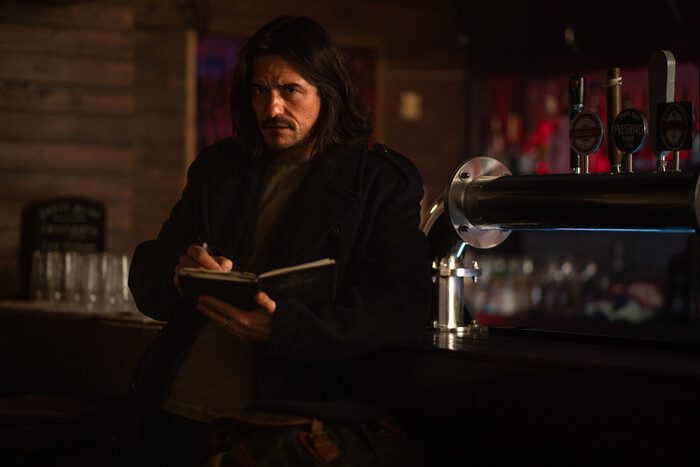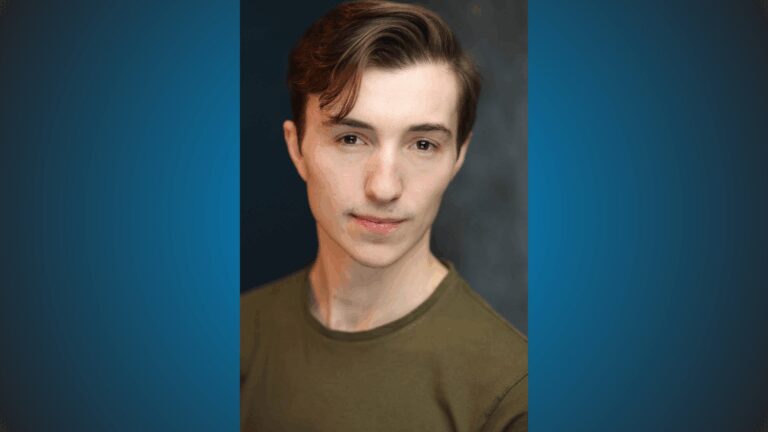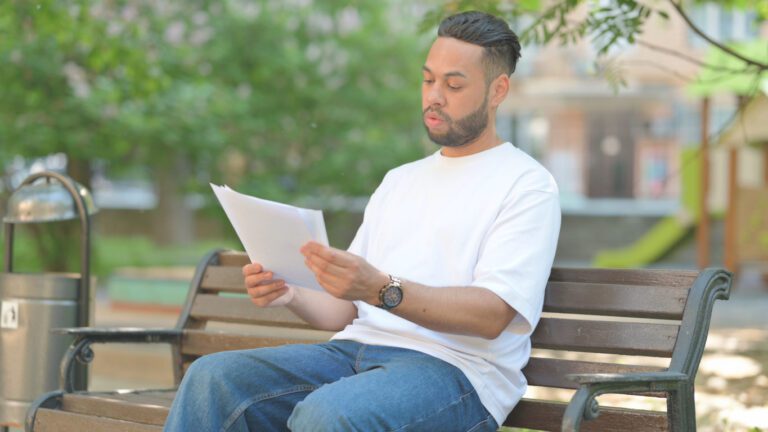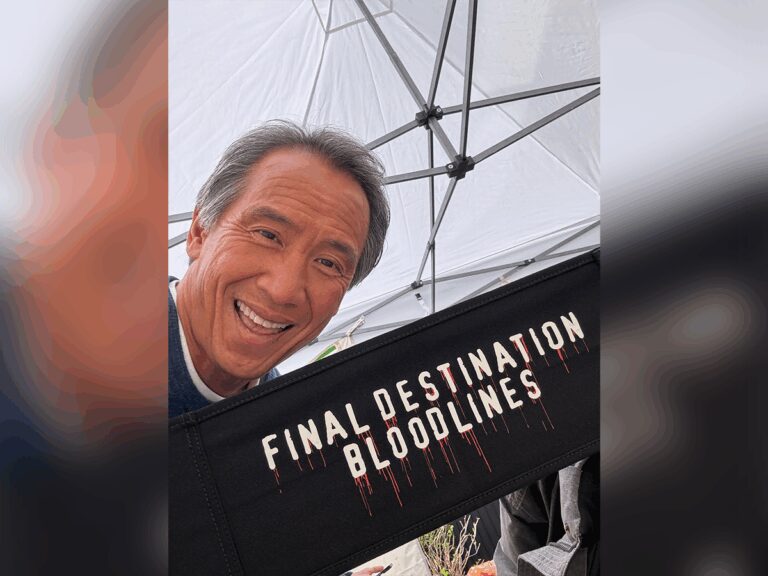Alejandro Gil found casting like a lot of people do — by accident. Over the last 10 years, he has become a very successful casting director, working with his partners Hannah Ashby Ward and Judith López at Lane Casting, with offices in Barcelona, Madrid and London.
Gil and his partners work in film, TV and commercials. While he has spent a good amount of his career working on projects shooting in Spain, he is starting to get more international work, including casting the upcoming Johnny Depp vehicle Day Drinker, costarring Penélope Cruz and Madelyn Cline, and directed by Marc Webb. Gil also cast The Penguin Lessons, starring Steve Coogan and Jonathan Pryce. He spoke to us from his office in Madrid.
Insights: Lessons From Alejandro Gil
- Stay adaptable and open to direction in auditions, showing flexibility in performance
- Treat in-person auditions like rehearsal sessions, experimenting and embracing mistakes for genuine performances
- Use technology effectively for networking and accessing audition opportunities in both international and local productions
How did you get into casting in the first place?
Very randomly. I was working as a production assistant in a theater in Barcelona, and then I got a job as a production assistant in a film. One of the actors who was supposed to shoot one scene couldn’t make it because she was ill. Because I was working at the theater, I knew loads of actors who were coming in and out all day, so I recommended this really good actress. The production team was like, “Oh, this man knows actors.”
They were shooting a music video a few weeks later, and they asked me if I knew any actors who would be good for it. I started recommending actors for this production company. Then they started giving me more music videos [to cast], and a commercial, and [so on]. I ended up working for them full-time as their casting director, randomly.
I imagine you quit your job in the theater.
I quit my job in the theater. (Laughs) I did loads of music, video and commercial work for a couple of years. Then I met Judith, and we started doing film and TV. I run the film and TV division in Spain, and she’s doing the commercials and music video division.
It’s interesting. I have talked to a lot of casting directors, and most of them got into the field randomly. Only recently do people come out wanting to be casting directors.
Here in Spain, we now have one course in the nation that is specific for casting, but this was not a thing when I was studying. I think people still study film without knowing exactly what a casting director is. It’s something the International Casting Directors Association in Spain has been working on, trying to let people know what we do. It took so long for the Oscars to finally recognize us. We get a casting Oscar next year, but people don’t put value in the work we do.
Once you started doing it, what was it about casting that spoke to you as a career?
Basically, for me, it was because when I was a teenager, I fell in love with theater. I briefly wanted to be an actor, but that idea [left] my mind, and I decided I wanted to be involved in production. As this [casting] opportunity came, it was a way for me to stay connected with actors, and then I found it was a nice balance of the creative and the logical. It was something that mixed what I loved, and you have to love it because otherwise, it’s not worth it. You don’t [get] the credit. It’s not super [well] paid. The ones who do it for the long run are the ones who love it.
Thinking about joining Casting Networks? Sign up for a free trial today!
I was talking to an Italian casting director who started working exclusively in Italian productions, and when American or English productions came over to Italy, she started working with them, and that led to her casting entire productions. Is that how it happened to you?
It’s absolutely here. We do a lot of work in Spanish, and then the bigger things just start happening.
For a Spanish casting director, it’s very, very rare to cast completely, because at the end of the day, sometimes they have a casting director in the U.S., and then they hire a local casting director for the smaller parts. In this specific case [for] Day Drinker, because they already had attached the first three names, we’re casting the rest of the film. So it’s very important.
Do you find that the same technological advances that, for example, allow us to speak as if we’re in the same room, even though we’re on different continents, have opened up your business?
One hundred percent, yes. It’s a tool. You can use it for good or for bad, but to me, it has helped. At the end of the day, we have a whole other team of people working in another country, and we’re talking to them every day. I’m calling my partner, Hannah, every five minutes, and it’s like having her in the room.
It’s also allowing us to meet so many people in so many different places. For example, for Day Drinker, we’re doing loads of the auditions in person in Madrid because the film is going to be shot here, and this brings so many more opportunities for actors. For us too, because we still love physical auditions and are giving that opportunity, but this opens the door to people in other places.
Is one of your goals to cast a film that isn’t set in Spain at all?
I would love to be able to. I hope a film like Day Drinker will open up more opportunities and more markets. I would say it’s very close to happening within Europe, but the US is a little bit more difficult to get in.
Sure, but there are a ton of productions here, and with indie films, there are constantly more and more opportunities for casting directors to break in.
Yeah, that’s true. We just did an American indie movie, but it was shot in Spain, so that is the way we got in. It’s a horror film called Monitor. It’s from a couple of directors from Texas, and it’s their first film. We had to find the whole cast in the UK and Europe, and I think that could also [lead to an] opportunity for us to start getting to know other producers in the US Let’s see. I hope to, but it’s not an easy one.
So with all the auditions that you do, do you find that there are common mistakes that people make?
I have the feeling that sometimes, with younger people, I don’t know if it’s more common in Spain, but they hire coaches to prepare for their auditions. I think that that’s a very good option, but sometimes they come to the audition and they have only rehearsed one way of working, and they are not able to move from there.
I love in-person auditions, and I love to play sometimes without having a specific way of how the scene has to be, so I want to try different things, especially with younger [actors]. I like to change stuff and see how that would affect the scene and how they would react, and sometimes I have the feeling that they do not have that ability, because [their way of working is] set in stone. They cannot be open to play, which is key to me.
So then, what piece of advice or wisdom would you give to someone coming in to audition for you?
My biggest piece of advice would be to be able to come and play. Treat it as a rehearsal session. Be open to trying stuff and to make mistakes. Because sometimes it doesn’t work, and when you’re [playing] around and making mistakes, sometimes that’s where interesting choices come from. Sometimes I say to actors, [if it’s too perfect], I don’t believe it. I love it to not be too perfect because then you don’t know exactly where it is gonna go.
You may also like:



